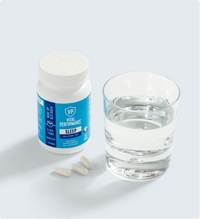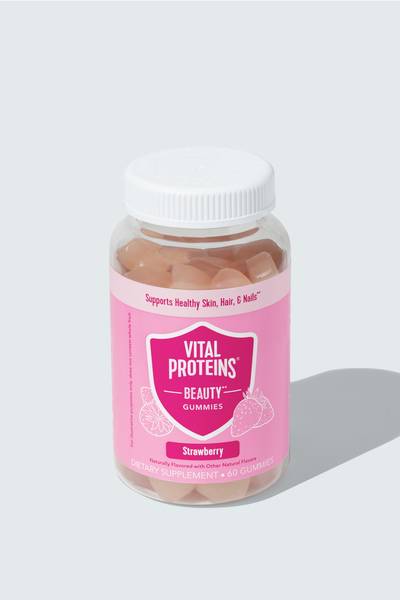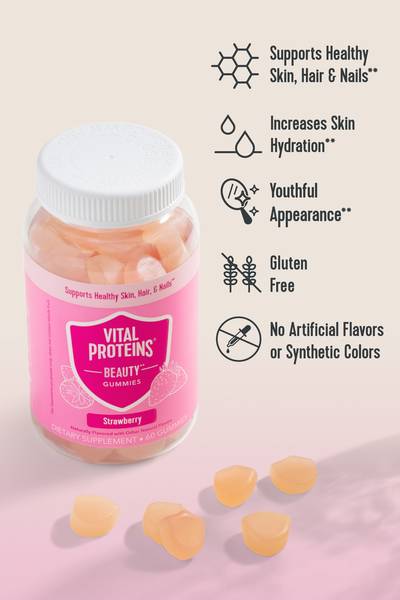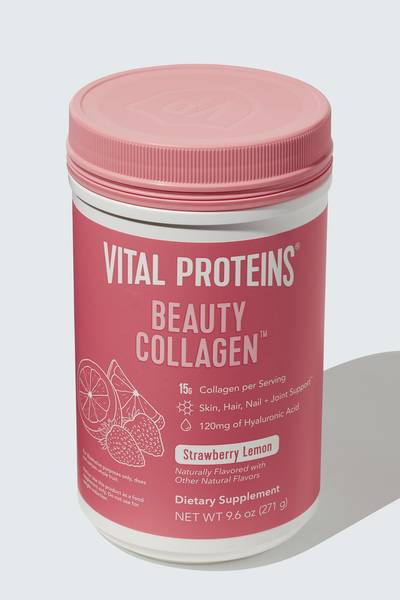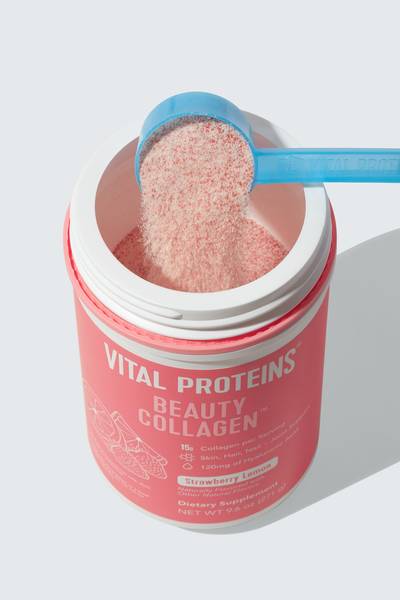If I were to guess, I would say that there are more skincare products in the world right now than there have ever been before — and tomorrow, I would say it again. The options are limitless, and it’s impossible to know which to choose without guidance. And with skincare brands shifting toward cleaner ingredients and minimalist-style products, it leaves us wondering what swaps, if any, we should be making. Specifically, should we use oil or lotion to moisturize our face?
Below, we answer this question.

What is the difference between oil and lotion?
If you set any facial oil and lotion side by side, a key difference is immediately apparent: Oil contains no water and moisturizing lotion does. Also, oils typically have fewer ingredients than lotions do — I've purchased many products that only have oil as an ingredient — but I've never had a sole ingredient in a lotion. This is because lotions are formulated and water-based, while oils are typically extracted from a plant (like coconut, jojoba or avocado oil). [Editor's note: For a nighttime facial oil, reach for Sunday Riley's Luna Sleeping Night Oil.]
Despite both being known for adding moisture to our skin, oils and lotions actually have very different abilities, and by proxy, very different jobs. There are upsides and downsides to both. Oils are nourishing and can easily penetrate our outermost layer of skin, but when used too often (or when too much oil is used), they can sometimes make your pores appear congested or larger. Of course, some oils do this more than others, but that's the catch 22 of skincare (and health in general) — you won’t know what works for you until you try it.
Oils also leave our skin exposed and prone to environmental damage. Moisturizers, on the other hand, protect our skin from the elements — especially those that contain SPF.

Which moisturizer should you choose?
Making sweeping, generalized recommendations isn’t wise in the world of skincare, because no one's skin is the same. You might have dry skin some days and oily the next, or your skin could respond to oils better than lotions and vice versa. Most experts don’t advise replacing your moisturizer with a facial oil, because as mentioned, they aren’t really the same. Neither are simply sources of hydration — oils provide lipid support to the top layer of our skin and absorb well, but moisturizing lotions lock in moisture and serve as a much-needed barrier between our skin and the world.
My first recommendation to anyone is to have a consultation with a dermatologist. If that’s not in the cards, then read as much expert-backed information as you can to try and understand your skin type.
In the meantime, you can consider the following:
If your skin runs dry or always feels dehydrated, chances are you could benefit from using both an oil and a moisturizer. Face oils vary in viscosity — some are lighter, like coconut and mineral oil, and some are heavier, like jojoba, argan and almond — and this matters when deciding which to apply first. Lighter oils are best applied before your moisturizer since it’s unlikely that the oil will penetrate a water-based moisturizer.
Heavier oils, though, should be applied after any cream or lotion moisturizer. These oils act as a sealant for the moisture you’ve already added, and applying them afterward means your moisturizer won’t have to fight through a heavy oil to reach your skin (a battle it’s certain to lose). The one caveat is that you need to follow the oil with sunscreen. Oils photosensitize our skin — making us vulnerable to sun or UV damage — so SPF is imperative.
The key takeaway in the oil vs. lotion debate
Bottom line: There's a place for oil and lotion in your skincare routine. Ditching one for the other isn't necessary, and if you tend to struggle with hydration, you'll be happy you chose to use both.



